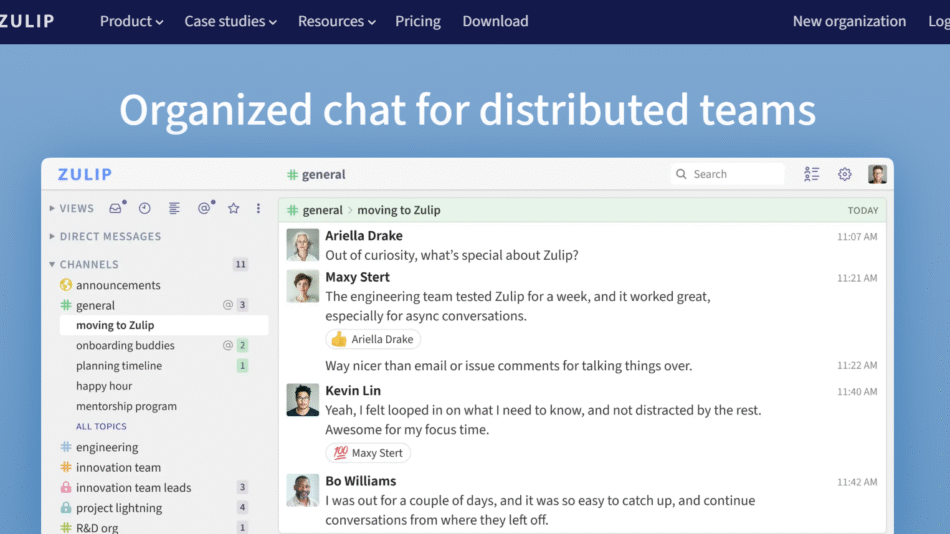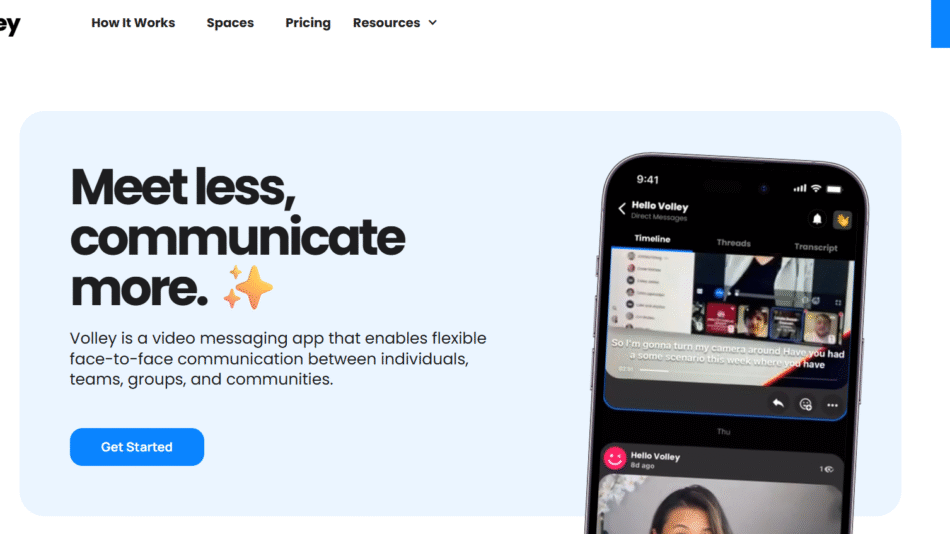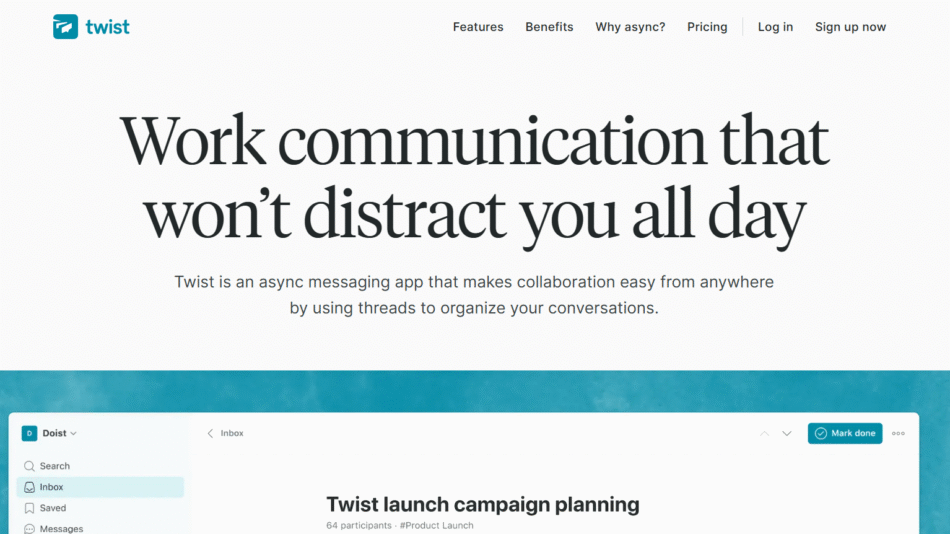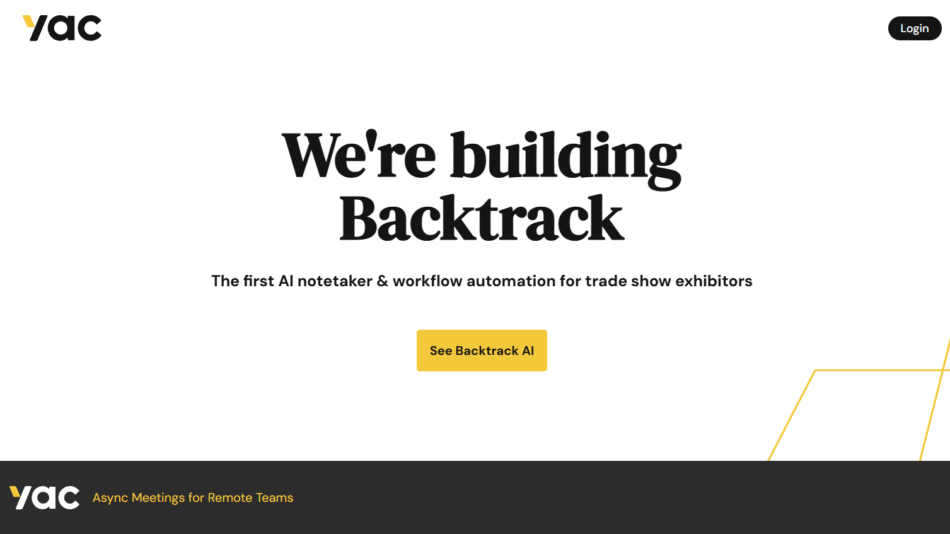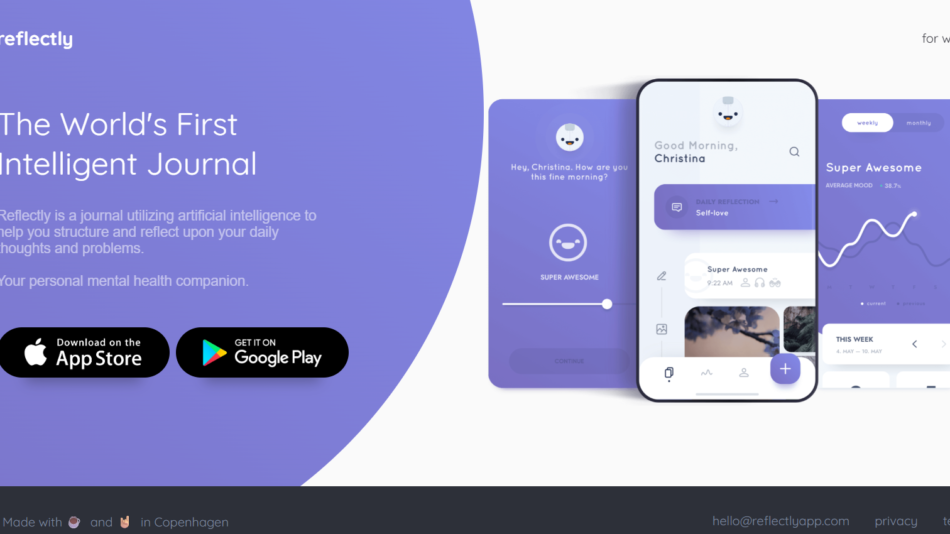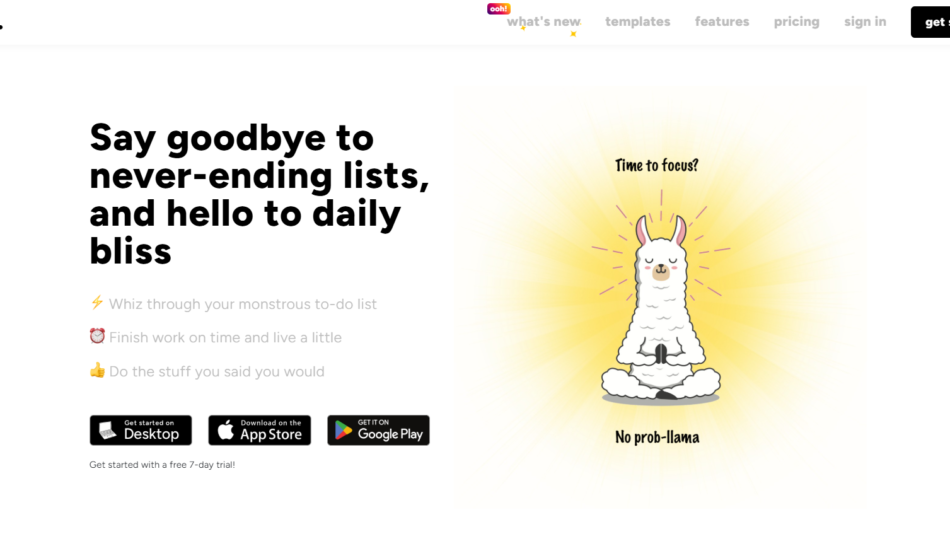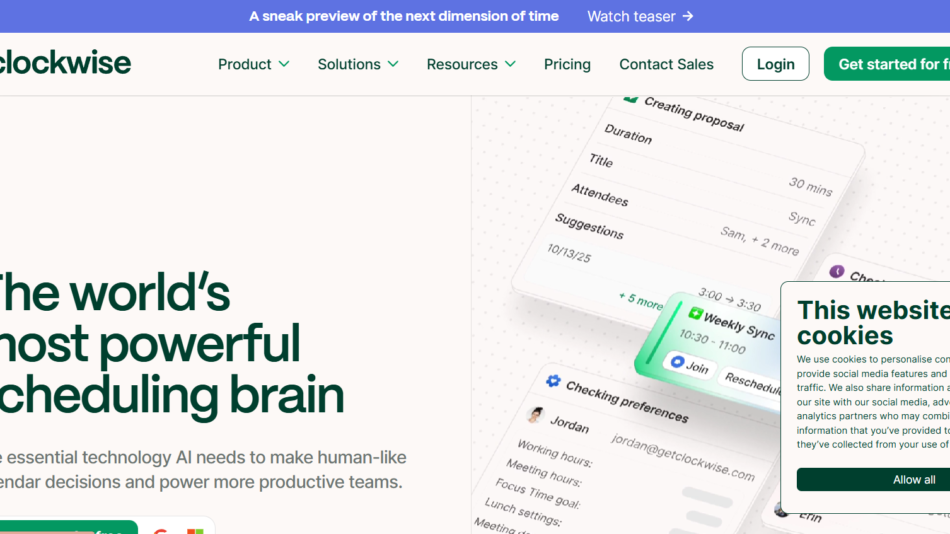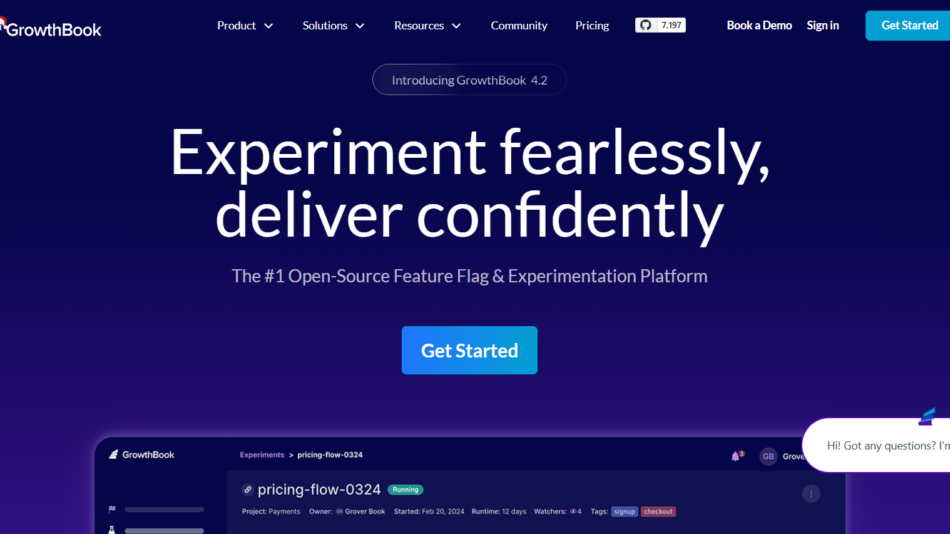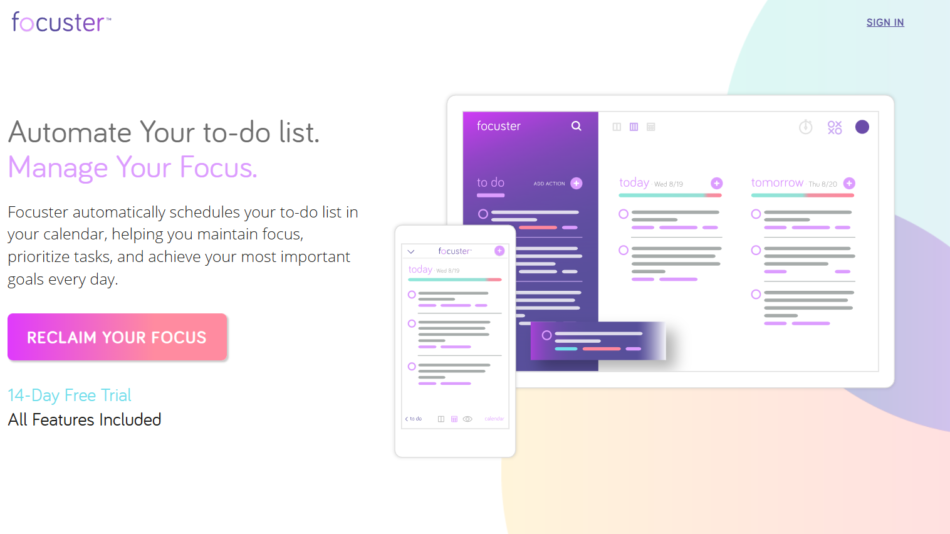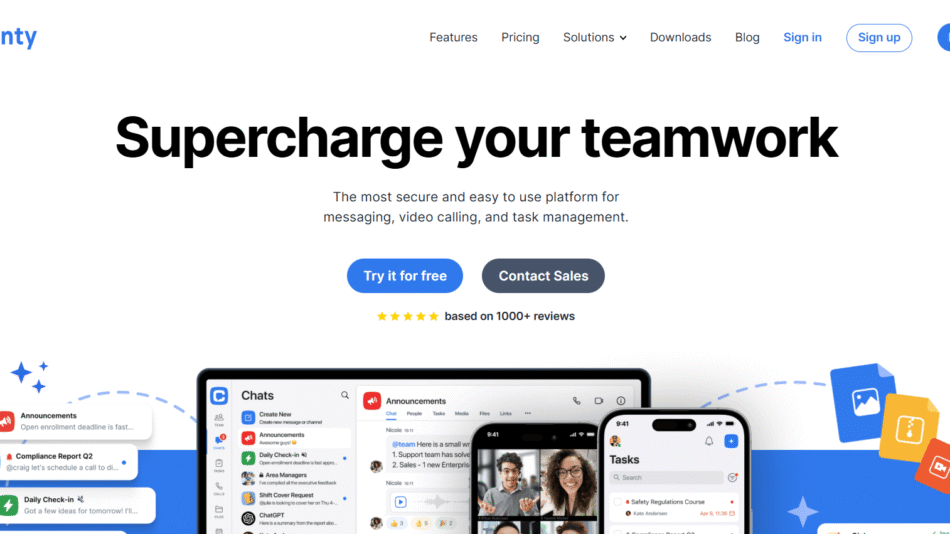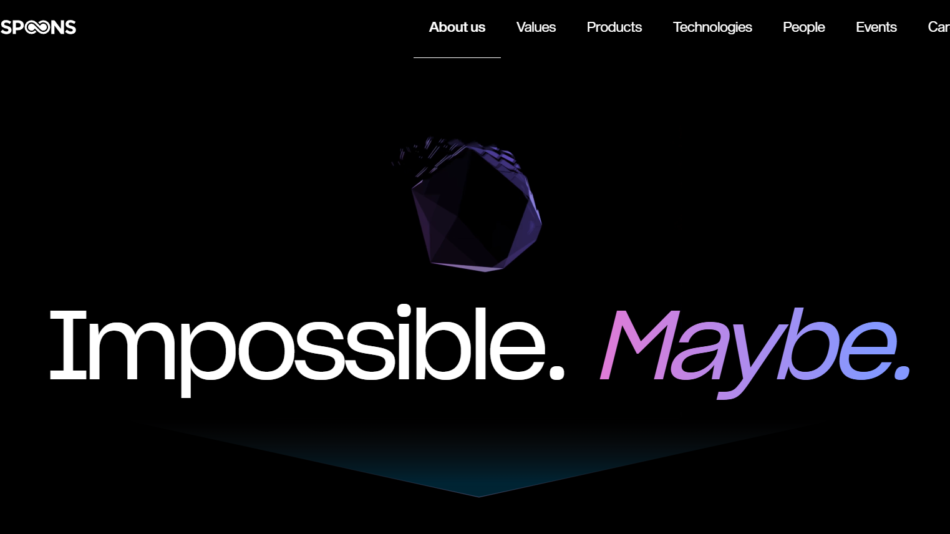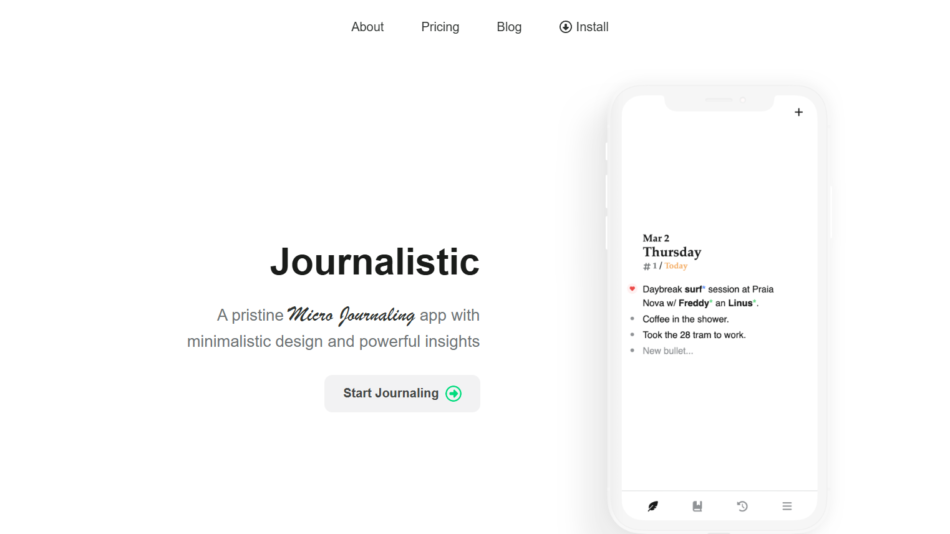Lenix AI is an enterprise-focused platform that enables companies to build, deploy, and scale intelligent AI agents capable of automating complex business workflows. These agents are designed to work across tools, departments, and data systems, allowing businesses to reduce manual effort, increase efficiency, and accelerate digital transformation.
At its core, Lenix AI delivers a highly flexible and secure agentic infrastructure, where AI agents can interact with enterprise tools, understand context, and perform business-critical tasks without requiring constant human supervision. Whether automating internal operations, managing customer inquiries, or syncing data across platforms, Lenix AI provides the foundation for intelligent enterprise automation.
Built with enterprise-grade security, auditability, and scalability in mind, Lenix AI bridges the gap between traditional automation and generative AI by delivering agents that reason, act, and improve over time.
Features
Lenix AI offers a rich suite of features designed to support end-to-end business process automation through AI agents.
The platform includes a modular agent architecture that enables developers and operations teams to define the skills, tools, and goals for each agent. These agents can be specialized for tasks such as document processing, CRM updates, IT operations, or customer support.
Lenix AI supports multi-step reasoning and decision-making, allowing agents to execute complex workflows by breaking them down into logical tasks and executing them in sequence. This makes it suitable for dynamic processes like onboarding, ticket triage, or financial approvals.
Agents can interact with multiple enterprise systems and APIs such as Salesforce, Slack, Gmail, Google Sheets, Microsoft 365, and internal databases. This allows for seamless, cross-platform automation.
The Lenix Agent Studio is a visual, no-code/low-code interface for configuring agents, defining tasks, and monitoring performance. Teams can build agents without writing code, while developers can extend functionality using Python or JavaScript.
Agents can be embedded within existing tools or run independently via chat interfaces, webhooks, or APIs. They are capable of both reactive (event-triggered) and proactive (goal-directed) behavior.
Security is a core feature of Lenix AI. It includes granular permissions, audit logging, and enterprise-grade encryption, making it suitable for regulated industries like finance, healthcare, and legal services.
Agents are also auditable and controllable, with tools to review their reasoning paths, debug actions, and enforce guardrails on what actions can or cannot be taken autonomously.
How It Works
Lenix AI allows organizations to create intelligent agents that operate within secure cloud environments and interact with external tools and data sources.
The process begins in the Lenix Agent Studio, where users define an agent’s core objectives, connected tools, and execution rules. This can include everything from reading a document and summarizing it, to pulling data from a CRM and drafting a client email.
Each agent is powered by a combination of large language models, APIs, logic flows, and memory storage. The platform leverages advanced LLM orchestration, enabling agents to reason through tasks and update their strategies based on outcomes.
Agents can be deployed via internal chat tools (like Slack or Microsoft Teams), embedded in web apps, or accessed via APIs. Once active, they can operate in real time or on scheduled intervals to perform tasks such as generating reports, processing forms, or monitoring tickets.
Lenix also provides dashboards for monitoring performance, reviewing agent decisions, and managing workflows across teams.
Use Cases
Lenix AI supports a variety of enterprise automation scenarios across departments and industries.
In sales and marketing, agents can update CRM records, follow up on leads, and generate personalized outreach emails based on recent interactions or analytics data.
In finance, agents can automate invoice reconciliation, expense report reviews, and financial reporting by gathering data from multiple systems and presenting summaries to finance teams.
Customer support teams use Lenix agents to automatically categorize tickets, retrieve relevant knowledge base articles, and draft responses for human approval.
HR teams rely on agents to manage onboarding workflows, process employee forms, or coordinate interview scheduling.
In IT and operations, Lenix agents can monitor system alerts, generate audit logs, or help users troubleshoot issues by integrating with helpdesk platforms and internal tools.
Legal departments benefit by using agents to extract clauses from contracts, compare legal documents, and ensure compliance with internal policies.
Because agents are modular, they can be trained and deployed for virtually any internal process that involves repetitive tasks, decision-making, or data coordination.
Pricing
Lenix AI does not publish fixed pricing plans on its website. Instead, the platform offers customized pricing based on team size, number of agents, level of integrations, and overall usage volume.
Enterprise customers can request a demo and receive a tailored pricing package suited to their automation goals and technical requirements. Pricing may also depend on whether the customer requires cloud hosting, on-premise deployment, or enhanced security features.
To explore pricing or schedule a custom demo, visit https://lenix.ai/contact.
Strengths
Lenix AI is designed from the ground up for enterprise-grade AI automation, offering scalability, flexibility, and security in a single platform.
Its agent orchestration capabilities stand out, allowing businesses to deploy intelligent systems that perform multi-step reasoning and execute full workflows autonomously.
The low-code/no-code interface empowers business users to build and manage agents without deep programming knowledge, accelerating adoption across departments.
Its integration ecosystem supports a wide range of enterprise tools and APIs, making it adaptable to many existing workflows.
Robust auditability and security controls make it suitable for regulated industries, which often require strict governance over AI and automation systems.
The modular design of Lenix agents allows companies to scale gradually, starting with simple tasks and expanding into full-process automation.
Drawbacks
As a powerful enterprise platform, Lenix AI may have a steeper learning curve for smaller teams unfamiliar with process automation or agent frameworks.
Since pricing is customized and not publicly listed, it may require sales engagement before teams can fully assess feasibility or ROI.
Currently, the platform is best suited for mid-sized to large enterprises. Startups or small teams may find the feature set more than they need, especially if they’re looking for simple task automation rather than end-to-end AI agents.
Highly custom internal tools may require additional development work or custom integration using APIs, which could extend setup timelines.
Comparison with Other Tools
Compared to traditional RPA platforms like UiPath or Automation Anywhere, Lenix AI focuses on intelligent agent behavior rather than scripting UI interactions. This allows for more flexible and human-like automation that adapts to complex logic.
Against generic chatbot builders like Dialogflow or Intercom, Lenix offers task-oriented AI agents with execution capabilities across back-office systems, not just conversational replies.
When compared to AI orchestration frameworks like LangChain, Lenix AI offers a fully managed and production-ready environment with enterprise-grade compliance, rather than being a framework that developers must build upon.
In contrast to low-code platforms like Zapier or Make, Lenix supports dynamic, stateful agents capable of reasoning and memory—ideal for processes that involve judgment, multi-step logic, and cross-department coordination.
Customer Reviews and Testimonials
As of now, Lenix AI does not publicly list customer reviews or testimonials on its site. However, the platform is targeted at enterprise clients, and early adopters appear to include high-compliance industries such as finance, logistics, and professional services.
Case studies or white papers may be available upon request through the Lenix sales or partnerships team.
Industry feedback suggests that Lenix AI is positioned as a secure, scalable, and intelligent alternative to both rule-based automation tools and general-purpose AI platforms.
Conclusion
Lenix AI is a forward-thinking automation platform that brings intelligent agents to the enterprise. By combining LLM capabilities with task automation, secure integrations, and no-code configurability, it allows businesses to deploy AI agents that think, act, and scale.
Whether you’re aiming to reduce operational overhead, improve customer service, or automate routine internal processes, Lenix AI offers a robust, customizable solution built for modern enterprise needs. With the right strategy, teams can use Lenix to transform their workflows and unlock significant productivity gains across departments.

